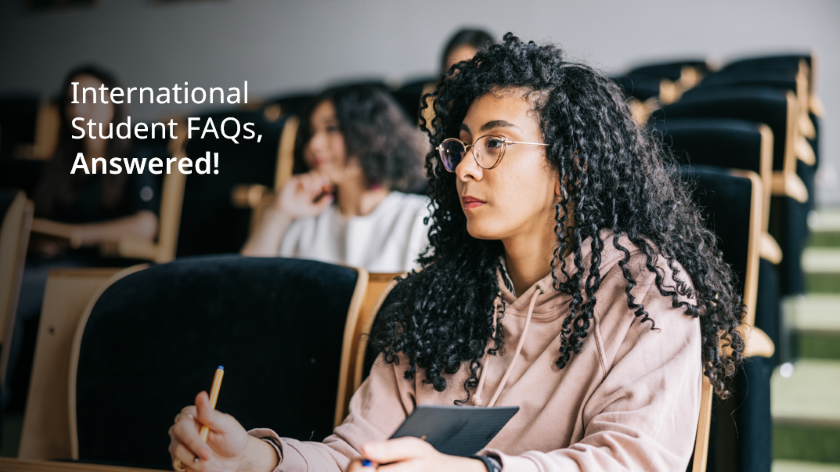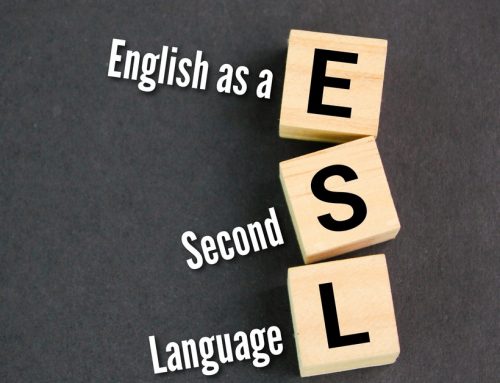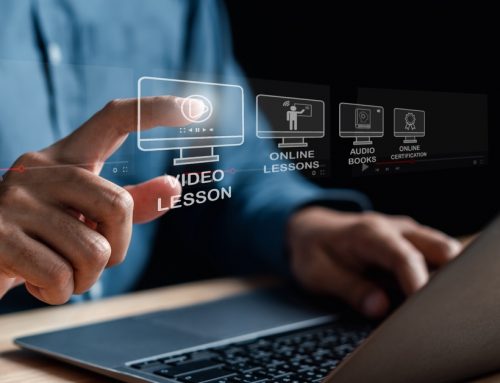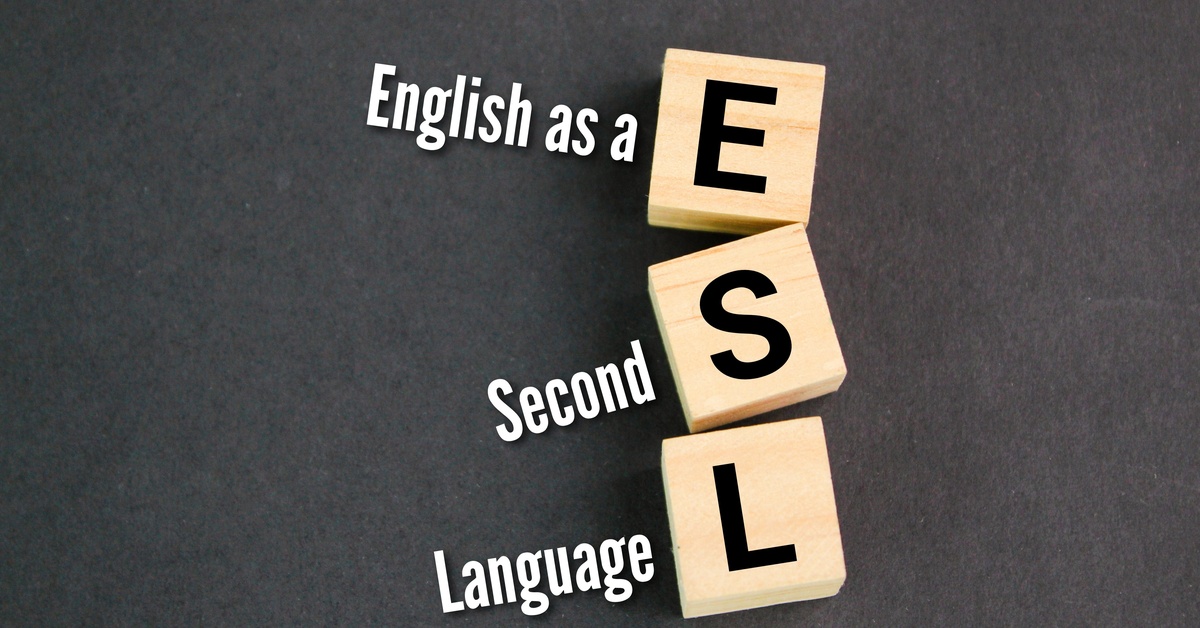What to Know as an International Student
As an international student looking to broaden your talents, start a new career, or pursue further academic study in the US, there can often be a lot of information to sift through – most of it being on various different websites, blogs, and videos, so it can be incredibly difficult to know where to start.
Fortunately, the team at the CSI are here to make finding the information you need as an international student simple and easy, with a compiled, easy-to-read blog that answers all of your frequently asked questions on a variety of topics, including FAFSA, SSN applications, student loans, internship sponsorships, and more!
Keep reading to better understand the opportunities available to you as an international student and how the experts at CSI can help support you in finding the best solution possible.
Can International Students Apply for FAFSA?
When it comes to applying for FAFSA, or the Free Application for Federal Student Aid, as an international student, can be a bit tricky. Firstly, let’s discuss what FAFSA actually is. FAFSA is an annual college financial assistance form that is to be filled out annually by students in order to receive financial aid such as federal grants, work study, and loans.
On a typical FAFSA application for students in the US, a Social Security Number (SSN) is required in order to be considered to receive benefits. Undergraduate international students do not qualify for federal financial aid, however, international students should still contact the school’s financial aid office as they can be eligible for institution-based or state-based aid, depending on the college or university.
Can International Students Work in the USA?
Yes, international students in the USA can work under certain conditions. Here are some key points for F-1 students regarding work opportunities for international students on an F-1 visa:
On-Campus Employment: International students on an F-1 visa are generally allowed to work on campus for up to 20 hours per week while school is in session and full-time during scheduled breaks like summer or winter holidays. They do not need special permission from the United States Citizenship and Immigration Services (USCIS) for on-campus employment.
Off-Campus Employment: Off-campus employment is allowed under specific circumstances, mainly through Optional Practical Training (OPT) and Curricular Practical Training (CPT).
Optional Practical Training (OPT): OPT allows F-1 students to work off-campus in their field of study for up to 12 months after completing their academic program. They must apply for and receive employment authorization from USCIS before starting work.
Curricular Practical Training (CPT): CPT allows F-1 students to engage in off-campus employment that is an integral part of their established curriculum. Students must receive authorization from their Designated School Official (DSO) before starting work.
Severe Economic Hardship: In cases of unforeseen financial difficulties, F-1 students may apply for off-campus employment authorization due to severe economic hardship. Approval for this type of employment is granted by USCIS.
Can International Students Get an SSN without a Job?
International students who aren’t currently employed are not eligible to apply for a social security number due to the regulations required as an F-1 student.
In order to apply for a social security number, F-1 students are required to have an on-campus job or be scheduled/currently enrolled in Curricular Practical Training (CPT) or Optional Practical Training (OPT).
If you’re currently an international student who does not have lawful F-1 employment and is not authorized for CPT or OPT, please contact CSI today and speak to one of our knowledgeable representatives who can help you find the program that’s right for you.
Can International Students Own an LLC?
Before we give you information on international eligibility for an LLC, let’s take a better look at what an LLC actually is. A Limited Liability Company (LLC) is a type of business structure that that varies state to state and allows owners (also called “members) to have limited personal liability, as well as LLC tax benefits and management flexibility.
As an international student with a lawful F-1 visa, you are able to own an LLC or corporation, however international students can not work at said businesses without a proper work authorization. This means that while an international student can perform the various functions of owning an LLC, such as opening a banking account, signing a lease agreement, or meeting with investors, they can not provide services or receive compensation from the business.
Just a tip – before starting an LLC, it’s important to fully understand your desired industry and get the foundation knowledge you need to build your platform, market your product, and see the results. At CSI, our professional programs are perfect for delivering the hands-on, real life fundamentals you’ll need.
At our CSI Chicago campus, we offer three diverse professional programs taught by experts in the field who can help build your skillset and offer you the support you need. Choose from our Business Career Program, our Healthcare Career Program, and our Networking Career Program and start your future off the right foot.
How Many Hours Can International Students Work in the USA?
As mentioned previously, international students are eligible to work in the US, however there are certain requirements that need to followed in accordance with an F-1 status.
International students who are enrolled full time on an F-1 visa can perform on-campus work for up to 20-hours per week while classes are in session. When classes are not in session, international students can increase their work hours to 40-hours per week.
Off-Campus Employment:
Optional Practical Training (OPT): During their OPT period, international students can work full-time (more than 20 hours per week) in their field of study.
Curricular Practical Training (CPT): Students engaged in CPT can work either part-time (up to 20 hours per week) or full-time depending on the requirements of their academic program.
Severe Economic Hardship: If an international student qualifies for off-campus employment authorization due to severe economic hardship, they may work part-time (up to 20 hours per week) while school is in session and full-time during breaks.
How Can International Students Apply for College in the USA?
As an international student looking to experience new culture, new people, or find a future career in the US, the best way to start is by applying to college. There are a few extra steps to follow, however, we’ve done the hard work and put together an easy-to-follow guide that will walk you through each step.
Step 1: Identify which college they’d like to attend. As an international student, it’s important to find a college that offers a robust curriculum and flexible international programs that can work with your lifestyle, timeline, and skillsets.
Step 2: Choose your major. While some universities require a major declaration, others will allow for you to start college without a declared major (undeclared).
Step 3: Understand the Standardized Tests. Contact your desired university to understand what standardized tests are required as an international student. Undergraduate universities will require different tests than post-graduate programs, so it’s important to contact your college directly.
Step 4: Get a Student Visa. A common international student visa is an F-1 visa, however, the type of student visa you’ll need will differ based on your unique program, so we recommend speaking to a dedicated international student counselor who can walk you through the specific requirements for your education.
Can International Students Invest in Stocks?
Yes, international students are able to invest in the US stock market, however, there are a few stipulations to this. With an F-1 visa, students are allowed to buy and sell stocks, but the trade must qualify as passive income.
Students with an F-1 visa are also not allowed to invest in the stock market full time (more than 500 hours during a tax year).
What is OPT for International Students?
If you’re an international student who is looking for real-world, hands-on training, Optional Practical Training (OPT), might just be the program for you.
Optional Practical Training is a temporary employment that allows students to gain practical work experience related to their field of study. OPT helping students achieve numerous benefits like networking opportunities, career experience, integrated training, and even employment assistance upon graduation.
In order to be eligible for participation in an post-completion OPT program, you must complete authorization, which can be found on our easy-to-understand OPT Program information guide.
Can International Students Apply for DV Lottery?
A DV Lottery, also known as the Diversity Visa Lottery, is a type of program that offers a limited number of immigrant visas per year to individuals who meet the specific requirements. According to U.S. Citizenship and Immigrant Services, the Diversity Immigrant Visa Program makes up to 50,000 immigrant visas each year, where individuals of low rates of immigration can be randomly selected.
International students who hold a lawful F-1 visa and meet the eligibility criteria are allowed and encouraged to put in an application for the DV lottery.
Can International Students Apply for Student Loans in the USA?
Yes, international students can apply for a student loan in the US, however, it will more often than not, have to come from a private lender, not the US government.
As we mentioned earlier, international students often do not qualify for federal student aid, but private student loan lenders are more willing to work with international students who have a cosigner available.
Can International Students Work in the USA After Graduation?
Yes, international students with a lawful F-1 visa are legally able to work in the USA for up to one year after graduation via a post-completion Optional Practical Training (OPT) program. This is incredibly beneficial for students looking to network, increase their skillset, and get hands-on experience post-graduation.
To learn more about eligibility requirements and how to request authorization, please visit our Optional Practical Training blog that provides a full, comprehensive overview of the program and how to get started.
What is CPT for International Students?
If you’re an international student who is currently enrolled in a field of study and you’re looking to gain employment training – for instance, as an alternative work/study program, an internship, or co-op, then a Curricular Practical Training (CPT) program is definitely for you.
As an F-1 student, you’ll have the chance to work full-time (more than 20 hours per week) or part-time (up to 20 hours per week), which will not only help with financial planning, but can help you gain valuable work experience in your desired field of study.
To learn more about eligibility requirements and how to request authorization, please visit our Curricular Practical Training blog that provides a full, comprehensive overview of the program and how to get started.
Can an International Student Join the US Army?
If you’re an international student looking to join the US Army, we unfortunately have bad news for you. International students, unfortunately, are not able to join the US Army due to visa permit stipulations that limit off-campus work.
If you’re a post-graduate with a green card, however, you might be in luck. Non-U.S.-citizens may be eligible to join the U.S. Army upon meeting specific criteria, such as being older than 17 and younger than 35. They also must have a permanent residence, own a green card, and be fluent in spoken and written English.
Are International Students Eligible for Federal Work Study?
Are international students eligible for the Federal Work Study program? Well, let’s first start by learning what a Federal Work Study (FWS) program actually is. The Federal Work Study program is a way for students to work off-campus jobs in order to earn money to pay for their education.
For many students, this is a great way to work part-time while attending university in order to diminish current or future costs like student loan payments.
While there may be certain instances within a specific program or university that allow for extenuating circumstances, generally, international students who hold an F-1 visa are not eligible for the Federal Work Study Program.
Can International Students File Taxes Online?
The IRS has stipulations on when an international student is required to file taxes, which means that if you hold an F-1 visa, you may not even have to file at all. To better understand what income requirements are enforced by the IRS, please visit the IRS’ Foreign Students, Scholars, Teachers, Researchers and Exchange Visitors page.
Can International Students Get a Tax Return for Tuition?
While it may differ for each individual student and their university, there are instances where international students who hold an F-1 visa can claim tax refunds from the U.S. In most cases, however, international students are not able to claim education tax credits from the IRS, as they are not considered permanent residents and/or aren’t married to a U.S. citizen.
To learn more about your eligibility as an international student, speak to a financial counselor at your university of choice before and during your course in order to better understand your options.
Do International Students Need Sponsorships for Internships?
In most cases, no, an international student does not require a sponsorship to work as an intern as long as they’re authorized under their Curricular Practical Training (CPT) or Optional Practical Training (OPT) program.
These programs work as an extension of an international student’s education in order to provide valuable career experience and real-world training post-graduation.
Can an International Student Buy a House in the USA?
A question we get asked frequently is if an international student can buy a house in the U.S.A and the short answer is yes. While it may not seem like the most practical or realistic scenario – especially during a heavy course load, there’s actually no laws that prohibit an international student from purchasing a house if they have the cash available.
F-1 visa holders simply have to find a lender that caters to a non-permanent resident, apply for an F-1 visa mortgage, and supply the sufficient funds for the down payment! It’s as simple as that.
Can International Students Start a Business in the USA?
If you’ve read through our previous answer regarding LLC ownership as an international student, you’ll know that owning a business as an F-1 visa holder is a bit tricky. Yes, international students can start a business – especially an LLC, however, they’re limited in how they can profit from said business and often can’t earn a revenue due to F-1 visa requirements.
According to the Department of Homeland Security,
“Starting your own business [as an international student] constitutes work, while in F-1 status a student must qualify and apply for optional practical training (OPT) if they plan to do so. OPT, and thus the business, must relate to a student’s program of study and can occur either before (pre-completion OPT) or after the completion of a program of study (post-completion OPT).”
Are you an international student looking to pursue a career in business? Check out our CSI Boston campus, located on Commonwealth Avenue. There, we offer our Business Career Program, which covers a variety of business concepts and fundamentals, designed to give you the real-world knowledge and expertise for careers like digital multimedia, marketing, sales, and more.
To learn more about CSI’s OPT programs and your post-graduation entrepreneurial option, please contact us and we’ll help you get started.
Find Your Next Program Today at CSI
Ready to get started on your next journey as an international student? It’s time to look to us at the Computer Systems Institute.
At CSI, we’re here to help you find exactly what you’re looking for when it comes to your education and are here to support and guide you through the transition as an international student. Our team of supportive and knowledgeable care representatives will work directly with you to find the program, specialty, or financial opportunities that are available to you.
Whether you need guidance with academics, admissions, or student life, we’re here to help! For more information on our international student FAQ blog or to speak to a representative, please get in touch with us today!







